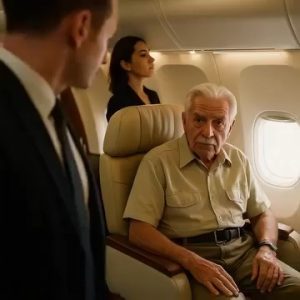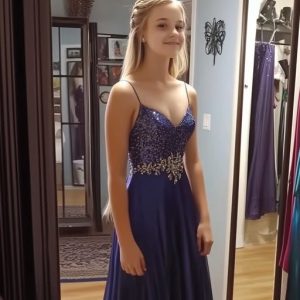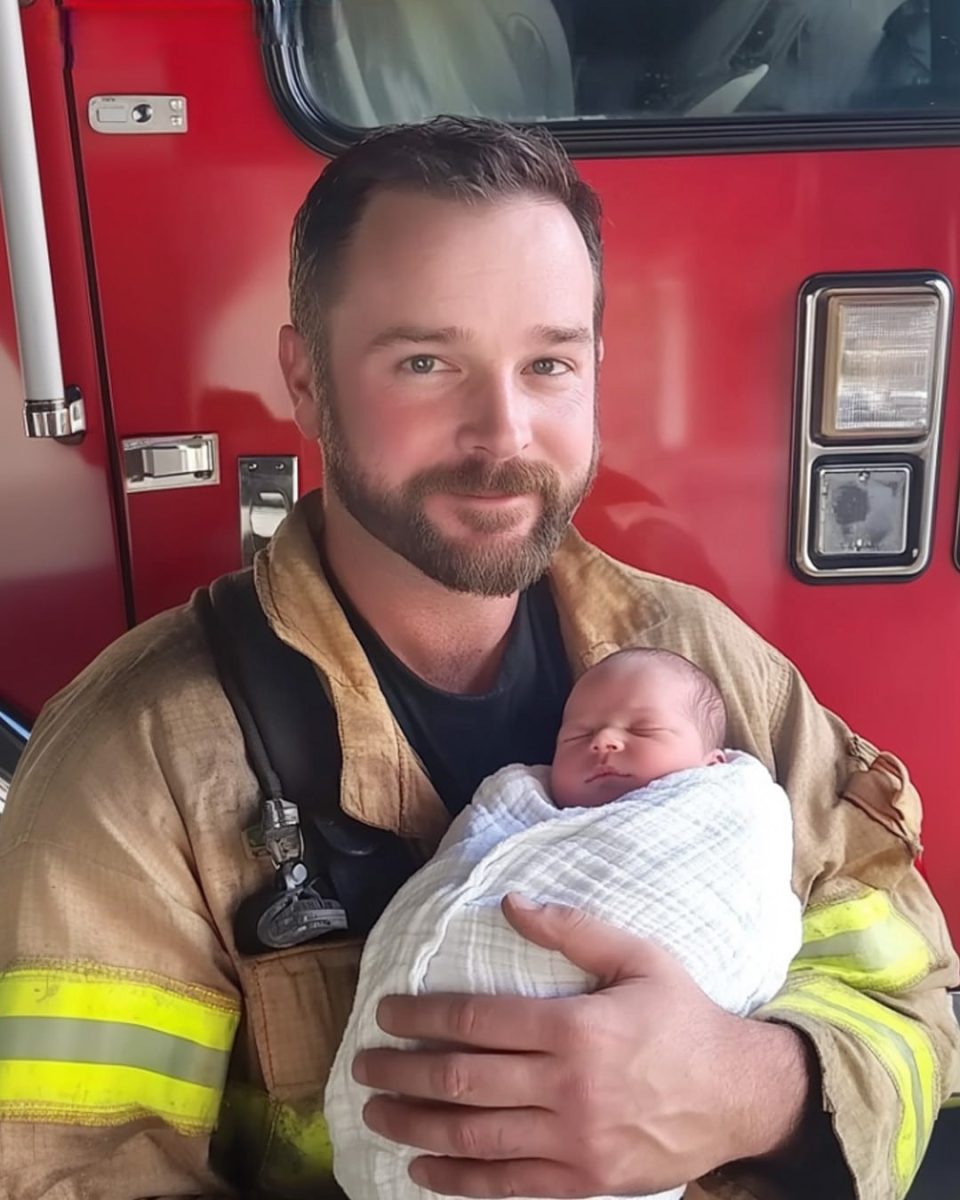At the Kennedy Center Opera House in Washington, D.C., on December 3, 2023, one of the most moving moments in music history unfolded. During the 46th annual Kennedy Center Honors, singer Michael Bublé delivered a heartfelt tribute to music icon Barry Gibb in a poignant performance of the Bee Gees’ classic, “How Can You Mend a Broken Heart.”
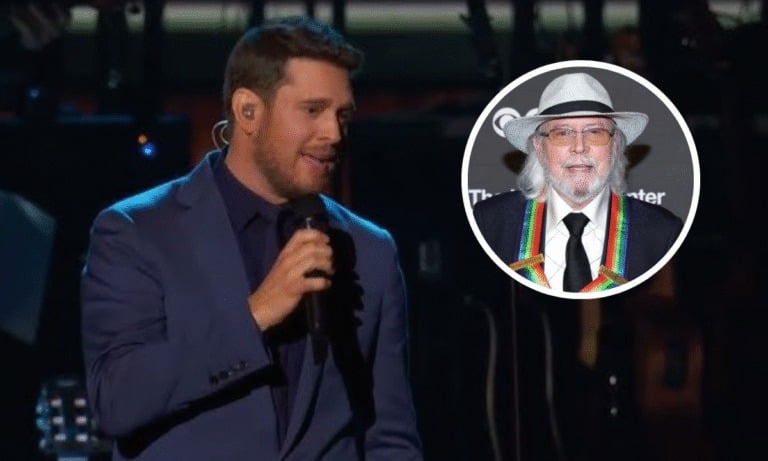
Bublé, whose soulful, smooth voice is known to millions, didn’t just sing the song—he lived it. His version was bare, raw, and haunting. While he sang, the crowd breathed collectively, mesmerized by the emotion. When the final note had faded, cameras clicked Barry Gibb—the last remaining Bee Gee member—dabbing at tears. It was a beautiful, spontaneous moment between two artists united by a shared love of music.
Celebrating a Music Icon
Barry Gibb was among five honorees to be feted that evening, among Billy Crystal, Renée Fleming, Queen Latifah, and Dionne Warwick. As a co-founder of the Bee Gees, Gibb impacted generations with such iconic hits as “Stayin’ Alive,” “To Love Somebody,” and the song that Bublé performed so exquisitely. His falsetto and songwriting defined the Bee Gees as a lasting force in pop music.
The Kennedy Center Honors is all about celebrating artists who’ve left a lasting mark on culture, and Gibb’s tribute was one to remember—not just for his own legacy, but for the sheer emotion it brought to the room.
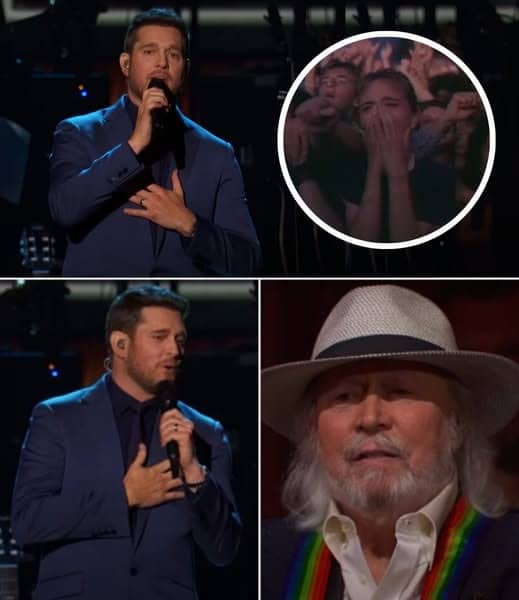
A Performance That Hit Home
The performance gave Bublé a standing ovation, but the most authentic reaction was from Gibb himself. As Bublé performed in soft fervor, Gibb’s face showed a tidal wave of emotions—pride and introspection, then true appreciation. It was never about entertaining. It was about honoring a legacy that has reached millions and still reaches millions.
Video of the performance quickly went viral, with fans everywhere mouthed the very same words: “That was not music. That was a moment.”
Why It Worked
The Kennedy Center Honors has some of its most classic performances in the guise of musical tributes, but Bublé’s take on “How Can You Mend a Broken Heart” was something more. In staying true to the song in a simple yet sincere manner, he allowed the lyrics—and the backstory behind them—come forth.
For Barry Gibb, who has experienced both global success and individual tragedy, the moment was a full-circle validation of his lifetime’s work. And for music fans, it was a poignant reminder of how music binds us together—generation to generation, year to year, and directly to the heart.

